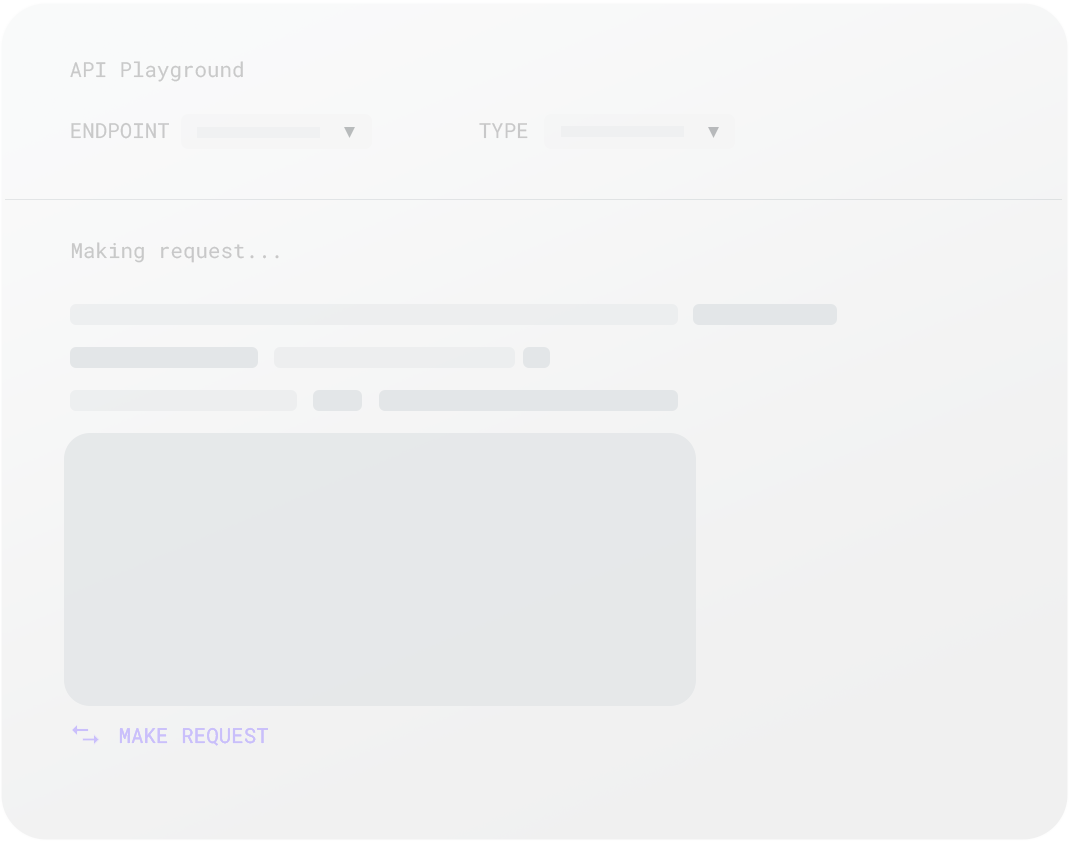API
Network Packet Threat Analyzer API
It’s a lightweight yet powerful tool that brings enterprise-grade network forensics and traffic intelligence into your apps, dashboards, and automated defense workflows.
The API caters to a wide range of programming languages, including but not limited to: C, Clojure, C#, GO, Java, JavaScript, Kotlin, Node.js, Objective-C, OCaml, PHP, PowerShell, Python, R, RapidQL, Ruby, Shell, and Swift.
Introduction
API Overview
The API exposes a single /analyze endpoint with both GET and POST support:
GET → Testing only (analyzes the built-in
test_capture.pcap).POST → Production-ready analysis (via multipart form upload, raw bytes, or JSON Base64).
Output includes threat scores, detection summaries, protocol usage metrics, and anomalies, making it ideal for:
SOC automation pipelines
Enterprise monitoring systems
Custom dashboards for SecOps
Forensic & malware analysis labs
Key Features:
Threat Detection → Identifies malicious/suspicious traffic and anomalies.
C2 Beaconing Detection → Flags potential command-and-control traffic.
Protocol Analysis → Reports total packets, protocols observed (TCP, UDP, etc.).
Threat Scoring → Risk score from 0–100 for quick triage.
Flexible Input Support → Multipart PCAP upload, raw bytes, or JSON Base64.
Test Mode → Built-in GET endpoint for demo/analyst testing with local PCAP.
Additional Highlights:
Lightweight & Fast → Rapid API response times for live or automated use.
Seamless SOC Integration → Perfect fit for SIEMs, SOAR tools, or custom alerting.
Structured JSON Output → Clean, machine-readable results for dashboards and scripts.
Error Handling → Clear messages for invalid PCAPs, malformed inputs, or unsupported formats.
Enterprise-Ready → Detects protocol irregularities and hidden traffic patterns.
Endpoints
- /input
Endpoints Overview
Analyze Network Packets
Analyze network packet captures (PCAP files) to detect malicious traffic, suspicious patterns, malware callbacks, and intrusion attempts. Ideal for SOC teams, researchers, and automated threat detection pipelines.
Endpoint:
GET & POST: /input
Parameters:
| Name | Type | Required | Description |
|---|---|---|---|
pcap_b64 | string | ✅ Yes | Base64-encoded contents of the PCAP file. Encodes the entire .pcap binary for safe transport over HTTP. |
Python Requests Example:
import requests
url = "https://network-packet-threat-analyzer-api.p.rapidapi.com/analyze"
payload = {
"pcap_b64": "<base64_string>"
}
headers = {
"x-rapidapi-host": "network-packet-threat-analyzer-api.p.rapidapi.com",
"x-rapidapi-key": "YOUR_RAPIDAPI_KEY",
"Content-Type": "application/json"
}
response = requests.post(url, json=payload, headers=headers)
print(response.json())Response Example:
{
"detections": [],
"metrics": {
"analysis_time_seconds": 0.003,
"average_payload_entropy": 0,
"duration_seconds": 0.0004951953887939453,
"file_size_bytes": 374,
"packets": 5,
"top_ports": [
[
80,
5
],
[
1024,
1
],
[
1025,
1
],
[
1026,
1
],
[
1027,
1
],
[
1028,
1
]
],
"top_protocols": [
{
"count": 5,
"proto": "ethernet"
}
],
"unique_dst_ips": 1,
"unique_src_ips": 1
},
"status": "ok",
"summary": {
"duration_seconds": 0.0004951953887939453,
"packets_analyzed": 5,
"threat_level": "low",
"unique_dst_count": 1,
"unique_src_count": 1
},
"threat_score": 0
} Subscribe to Network Packet Threat Analyzer API
Subscribe to Network Packet Threat Analyzer API
Subscribe to Network Packet Threat Analyzer API
Subscribe to Network Packet Threat Analyzer API
Subscribe on RapidAPI
Head over to our API listing on RapidAPI and click the “Subscribe” button. Choose a plan that fits your needs — from free testing to full-scale production.
Get Your API Key
Once subscribed, grab your unique X-RapidAPI-Key from the "Endpoints" tab. You’ll use this key to authenticate all your requests securely.
Start Making Requests
Use the provided code snippets or integrate directly into your app. Send requests to any available endpoint and enjoy seamless access to our powerful API features.

Frequently Asked Questions
What does the Network Packet Threat Analyzer API do?
It analyzes PCAP files or raw packet data to detect malicious traffic, protocol anomalies, and C2 beaconing patterns. It also provides a threat score to help security teams triage risks quickly.
Can I use this API for production SOC monitoring?
Yes. The POST /analyze endpoint is designed for production use, allowing multipart PCAP uploads, raw bytes, or JSON Base64 traffic data.
What’s the purpose of the GET method?
The GET /analyze method is for testing only. It runs analysis on the built-in test_capture.pcap, making it useful for analysts and developers exploring the API.
How does the threat scoring work?
The API returns a threat score (0–100), with higher scores indicating more suspicious or malicious activity. This helps automate decision-making in SOC pipelines.
What file formats are supported for input?
The API accepts standard PCAP files via multipart upload, raw binary uploads, or Base64-encoded JSON. Ensure files are within RapidAPI size limits.




